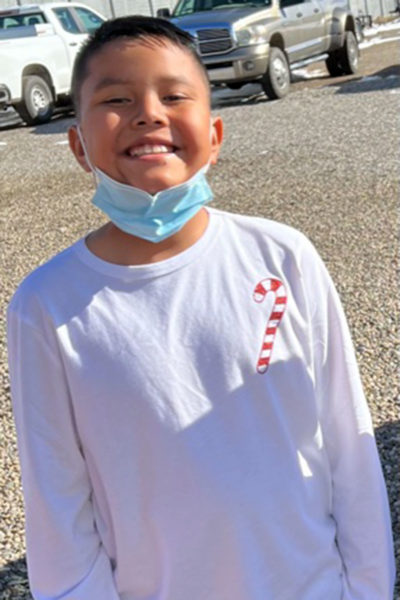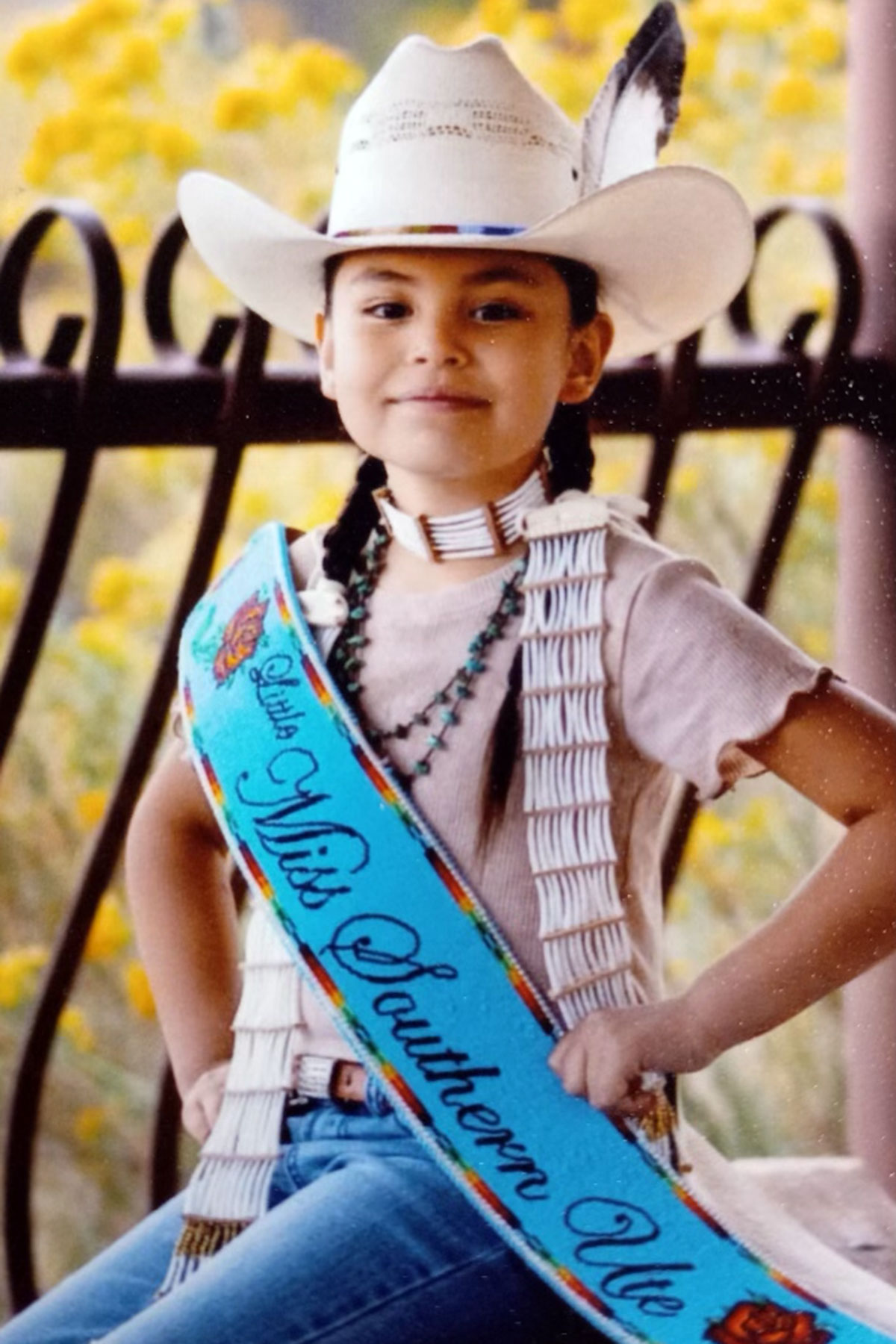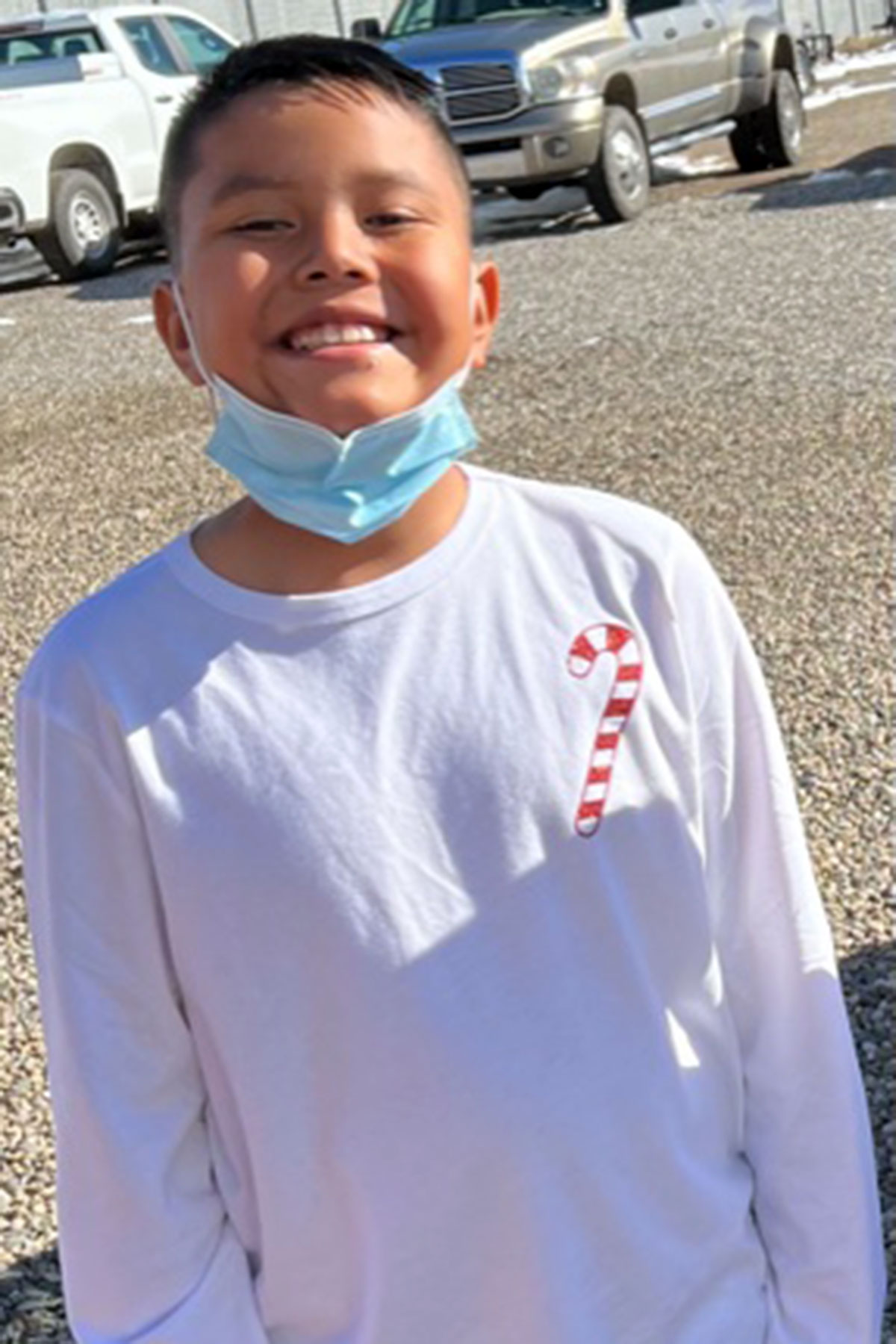To help keep our students, families, and staff safe as the Omicron variant of COVID-19 began to run rampant, SUIMA moved to remote, online learning shortly after returning from Christmas break. This decision to move to remote learning was not made in haste. We all know that students need routine, structure, and an environment that supports learning. Yet, when Covid numbers started to rise, action was needed.
The pandemic has brought a change in routine, structure and normalcy for this generation of students. They now see masks/face coverings as normal as well as taking temperatures and the closing of classrooms. Though we closed for three weeks, the students kept learning, stayed safe, and will be coming back to in-person learning on Monday, January 31. Minor adjustments are in place at SUIMA so that we follow the current SUIT Covid requirements of Phase II, Level 3.
With that good news, and knowing that January is almost over, here are some additional tips from the Jill Segerman article which was in the recent Montessori Life magazine titled “10 Tips for Happiness.”
- Be curious. Curiosity builds our brain, much like lifting weights builds our muscles. Curiosity has been linked to happiness and positive social relationships.
- Spend time in nature. Being in nature has a positive effect on our brains and bodies. Being outside reduces stress and increases relaxation.
- Follow the 2-minute rule (this is actually two tips). If you can do something in two minutes, do it now. It takes more energy to put it off until later. If you are trying to create a new habit, start by doing it for at least two minutes every day.
- Design your environment. It is worth taking the time to design your environment (home) to support what you want to do and discourage what you don’t want to do.
- Be you. It is easy to fall into the trap of thinking we should be a different way or wishing we were more like other people. Yet being you means giving who you are to your children and family, which is a gift that only you can give.
By the way, with February right around the corner, are you still working on your New Year resolutions?
Tumiikukh kwanachiu – Eagles of the Week

Our first tumiikukh kwanachi is eight-year-old, Shayne Morning Star White Thunder.
Shayne is Southern Ute and comes from the Morning Star People, also known as Cheyenne. Her Ute name is “Tɵmɵsiˈirʉ̠,” meaning Winter Rose (Flower), given to her by her grandmother, Mikki Naranjo. Her Cheyenne name is “Azemhei,” meaning Rearing Bull Woman, named after her maternal grandmother Bobbie White Thunder.
Shayne is a second grader who has been at SUIMA since she was in the infant room at one year old.
When Shayne is at school, she can be found writing, reading and working on math. Shayne excels in all her studies with her favorite lesson being ‘the main idea’ activity.
Her favorite food is fried chicken and mashed potatoes with gravy. Delicious! Her favorite book is City of Dragons – the Awakening Storm.
When Shayne is not at school, she likes to play Roblox and participate in community events. She is very expressive with art as she likes to draw, paint, work on loom beading, and join powwow dancing. She is known as an “all-around” dancer – Fancy shawl, jingle, and traditional.

Our other tumiikukh kwanachi is Meskvwlv Wesley.
Meskvlwv (Musk-ka-lo-wa) means Water Oak and it comes from the Muscogee Creek Language. His Ute name is Sanakava, which means Spotted Horse (sana means spotted, kava means horse).
Meskvwlwv is a third grader who has been at SUIMA since he was an infant at nine-months-old!
When Meskvlwv is at school, he can be found working on math as that is the subject that he enjoys. “Mesky” is polite, encouraging and helpful. He is a leader in his class, works hard at learning his Ute language, and always greets the adults at the school
His favorite foods include Chinese and Italian food, seafood, and cheeseburgers. Yummy! His favorite books are any of the “Pete the Cat” books. His favorite thing to do in the summer is to go camping.
When he is not at school, Meskvlwv likes to travel, ride his four-wheeler, go camping, fishing, play sports and enjoy video games. He also likes spending time with family and friends, but mostly loves hanging out with his little brother Tenetke.
Nuu’apaghapi – Ute phrases
- mɵ’ɵvi – hand
- pʉ’ivʉ – eyes
- mɵvɵt’ɵpʉ – nose
- tʉpavi – mouth
- ‘anɵwiini mɵ’ɵvi? Wáyni mɵ’ɵvi. How many hands? Two hands.
- ‘ʉmʉ pʉ’ʉm punikya? Pui’i. What do you see with? Eyes.
- ‘ʉmʉ pʉ’ʉm ‘ugwikya? mɵvotʉ. What do you use to smell? Nose.
- ‘ʉmʉ pʉ’ʉm kamaytuk? Tapáa. What do you use to taste? Mouth.
Upcoming events
- 1/31 – Students return to school
- 2/8 – Family night
- 2/14-2/17 – Family conference week
- 2/18 – No school
- 2/22 – No school
- 2/22 – Parent Advisory Group meeting




